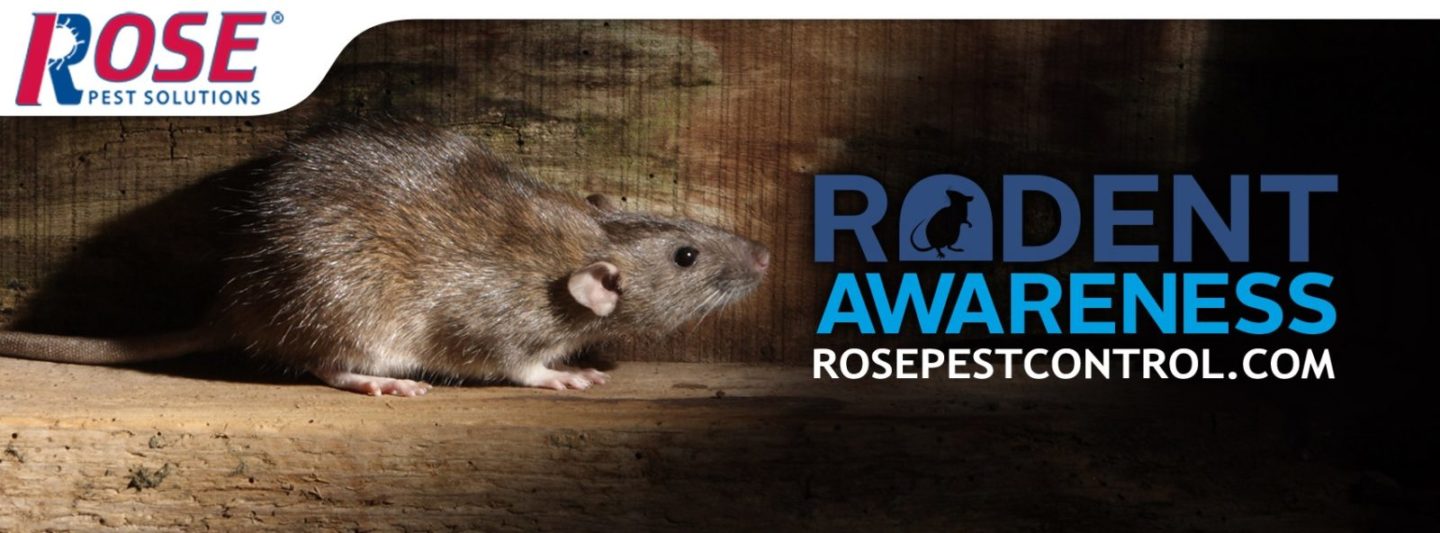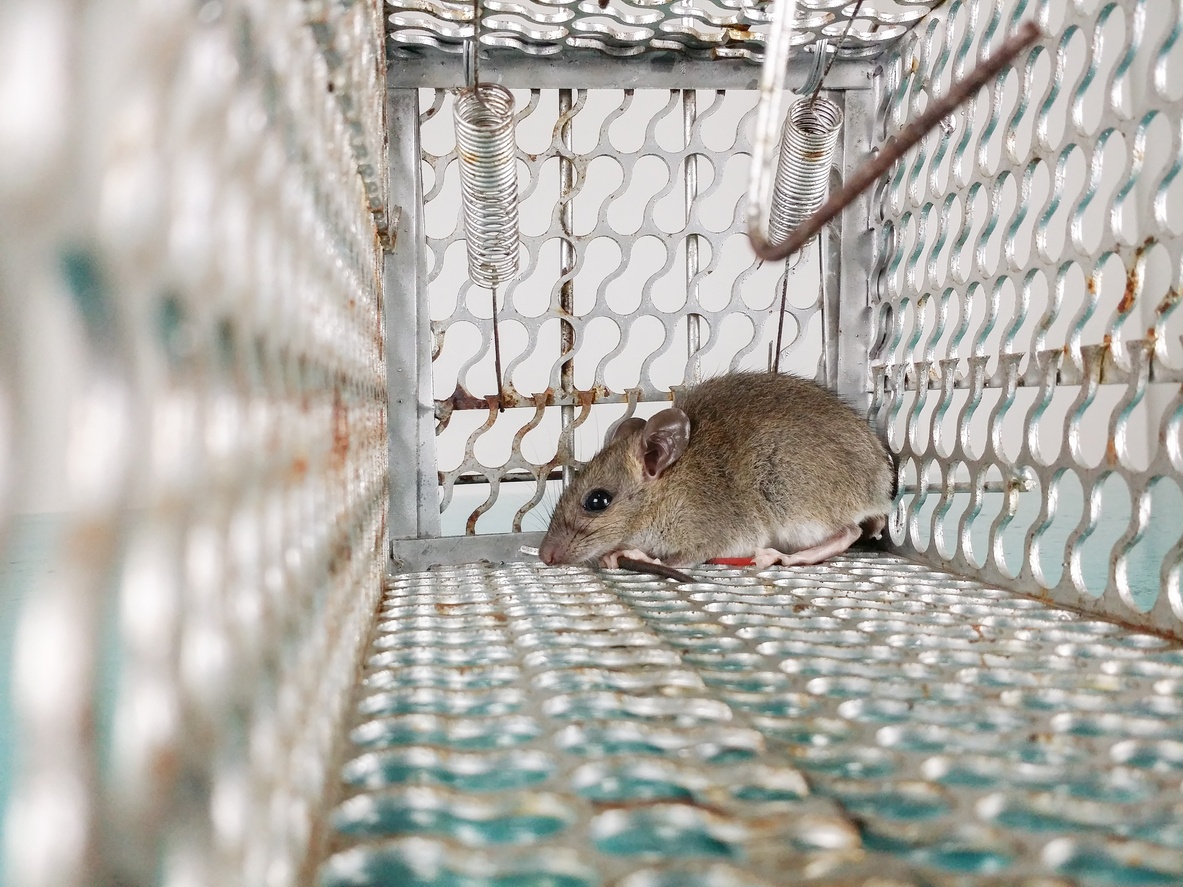The world is constantly at an impasse with rodents. Are they cute, or are they scary? Are they pets or are they pests? The answer is actually a combination of all those things depending on how you’re interacting with them, so we’re going to address all of that during Rodent Awareness Week. Read on for more!
ARE RODENTS AS DISEASE-RIDDEN AS I’VE READ THEY ARE?
Unfortunately, yes. While we’re all for domesticated pet rats and mice because they can make safe, wonderful and affectionate companions, the rats and mice you’ll encounter in a wild setting–including when they’re trying to invade your home turf–carry diseases that can be extremely dangerous to humans. They can transfer them via their urine and feces, with fleas or ticks that might be along for the ride, or through their saliva because of a bite (we really hope that last one is never something you have to deal with). Here’s what one of our pros had to say:
“Not only is a rodent infestation a nuisance, but these pests are known to spread a variety of dangerous diseases, including Salmonella, murine typhus, infectious jaundice, rat-bite fever and the potentially fatal Hantavirus,” said Curtis Rand, Rose’s VP of Operations. “It’s important for homeowners to know how to spot a rodent infestation within their homes and to take the necessary steps to avoid these unwanted visitors.”
It’s especially important to contact the local pest experts–like your friends at Rose Pest Solutions–if you even so much as suspect a rodent infestation because it can prevent health issues and structural damage while also improving your peace of mind!
HOW DO I KNOW IF I HAVE A RODENT PROBLEM?
It’s actually pretty easy to tell! Rodents of any kind can be extremely problematic, along with incredibly costly and damaging, so it’s best to deal with the problem sooner rather than later.
- Droppings: These pellets are often left behind in places where food is stored, such as kitchen cabinets or pantries, as well as under sinks, inside chewed cardboard boxes, along baseboards and on top of wall beams.
- Gnaw marks: Mice are known to bite through walls, wood and wires. The damage to wiring within walls can increase the risk for a house fire.
- Nests: Rodents prefer to nest in dark, secluded areas where there is little chance of disturbance. Be on the lookout for shredded paper products, cotton, packing materials and other fabrics, as house mice like to build nests out of these materials.
- Rub marks: Rats tend to leave dark grease or dirt marks — from their oily fur — along walls and floorboards as they follow a trail throughout the home between their nest and food.
- Strange noises: Scurrying in the walls or in the attic could mean a rodent family is present. Rodents are especially fond of attics as it’s an isolated area for nest building.
I KNOW I HAVE A RODENT PROBLEM. HELP!
We take great pride in our thorough coverage with our Integrated Pest Management approach that guarantees any completed pest control job with 100% customer satisfaction.
I SAW A MOUSE! OR WAS IT A RAT? I’M NOT SURE!
Unless you’re well-versed on animal species, it might be difficult to identify a rodent in the blink of an eye as it scurries away. Thankfully, we have quite a few rodent control resources from the National Pest Management Association available in the slider at the bottom, and a team of trained professionals that have more helpful information about the pest problems you may be experiencing.
Here’s our very own Janelle Iaccino talking about the rat problem in Chicago:
We’ve got a ton more info coming up during Rodent Awareness Week, so stay tuned. Remember, if you’re worried about pests–rodents or otherwise–the experts at Rose Pest Solutions are only a call (800-GOT-PESTS) or a click away!If you want to learn more about House Mice, Deer Mice, Norway Rats and Roof Rats, download the Rodent Pest ID Cards from Rose Pest Solutions.




